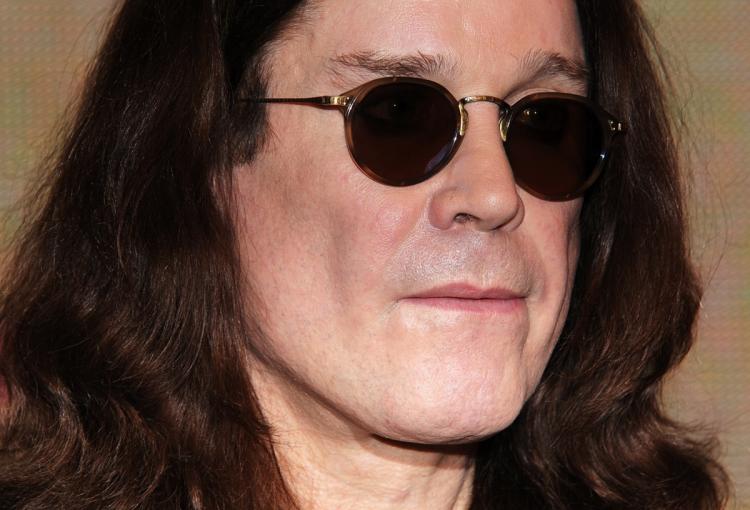Ozzy Osbourne has submitted his DNA to science—the first rock star to do so, and one of the few people to have their entire genome sequenced and analyzed, according to Scientific American this week.
Osbourne had his genome sequenced by Cofactor Genomics, based in St. Louis, and Knome Inc. analyzed the information.
Nathan Pearson of Knome told Scientific American that the 61-year-old rocker has a tiny bit of Neanderthal in him.
“For a long time we thought that Neandertals didn’t have any descendents today, but it turns out that Asians and Europeans have some evidence of Neandertal lineage—like a drop in the bucket,” Pearson told Scientific American. “We found a little segment on Ozzy’s chromosome 10 that very likely traces back to a Neandertal forebearer.”
Pearson noted that his study “speaks to how early on we are in this field” as every single person has several hundred thousand genetic variants that have never before been viewed by scientists. “It’s going to be a while before we get enough data as a society to understand those variants,” he added.
Osbourne had his genome sequenced by Cofactor Genomics, based in St. Louis, and Knome Inc. analyzed the information.
Nathan Pearson of Knome told Scientific American that the 61-year-old rocker has a tiny bit of Neanderthal in him.
“For a long time we thought that Neandertals didn’t have any descendents today, but it turns out that Asians and Europeans have some evidence of Neandertal lineage—like a drop in the bucket,” Pearson told Scientific American. “We found a little segment on Ozzy’s chromosome 10 that very likely traces back to a Neandertal forebearer.”
Pearson noted that his study “speaks to how early on we are in this field” as every single person has several hundred thousand genetic variants that have never before been viewed by scientists. “It’s going to be a while before we get enough data as a society to understand those variants,” he added.






